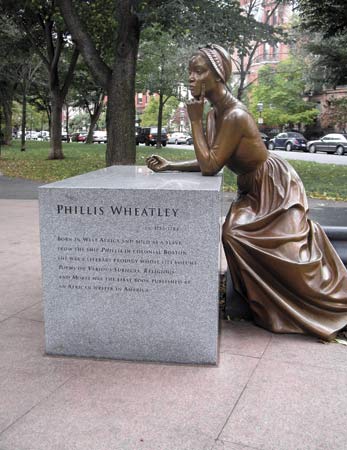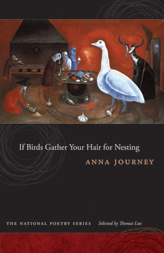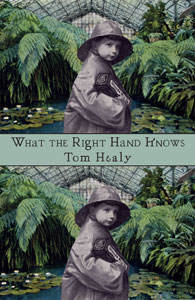When I was in a junior in college, I thought I had this poetry thing figured out. I was convinced that the first draft of everything I wrote put Paradise Lost to shame. I would wait a good 24 hours after that first draft before sending my work to publications like The New Yorker. I think you see where this is going.
WORD RIOT, an excellent online publication, had the good sense to reject those poems. I remember pitying the editors; the poor things couldn’t see the brilliance I had given them the privilege of witnessing. Oh, well, on to THE NEW YORKER.
Rejected, rejected, rejected. And thank goodness.
Now, the mere thought of having those poems published anywhere makes me gasp with embarrassment. I read somewhere that a good editor can’t afford to publish bad poems & a poet can’t afford to have bad poems published.
All of this is to say: WORD RIOT has just published 2 of my poems. They aren’t perfect; Paradise Lost would laugh them out of the room, but I love these poems. More importantly, I’m proud of them now & I will be proud of them years from now.
To all of the editors who have rejected me because I wasn’t ready: Thank you. I’m working on it.





